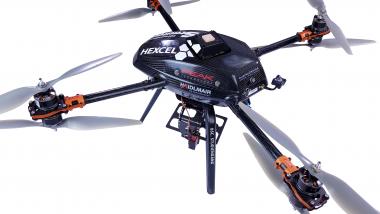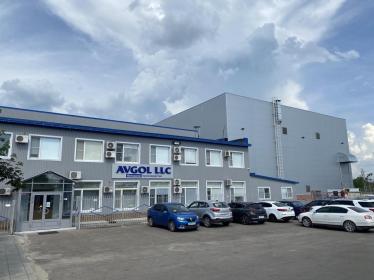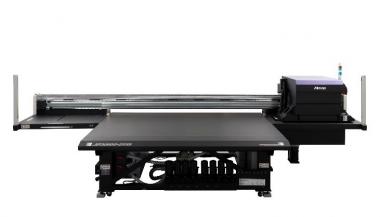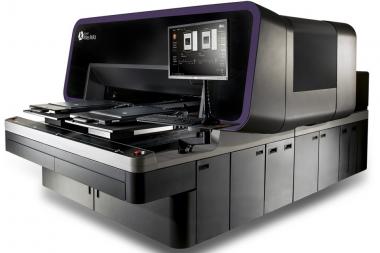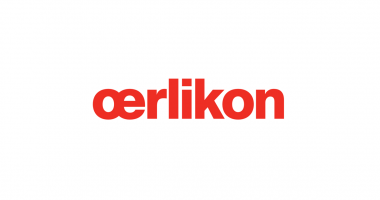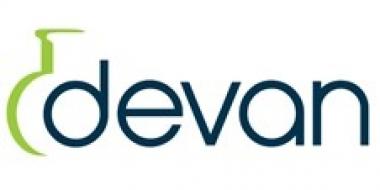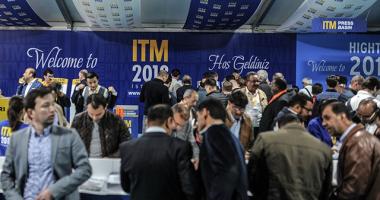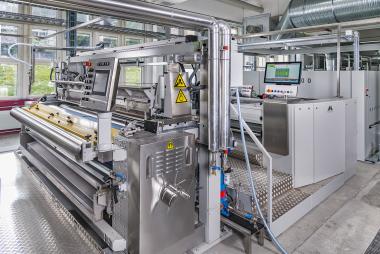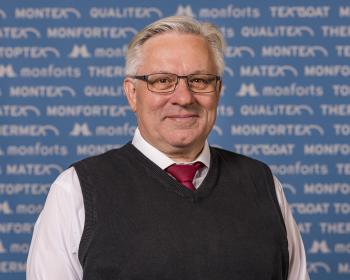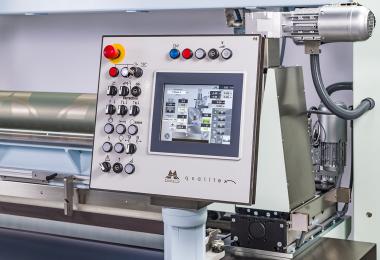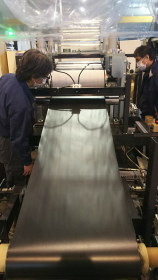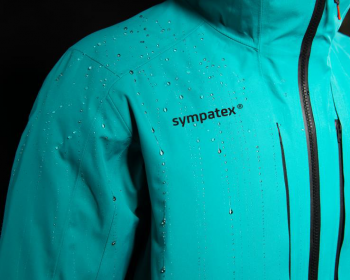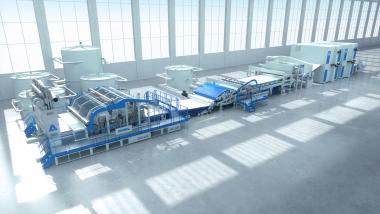ISKO to work with the MIT Computer Science & Artificial Intelligence Lab
ISKO announces its participation in CSAIL’s Alliances programme, a collaboration with CSAIL researchers, students and industry partners. Through participation in the programme, ISKO will contribute its expertise in textile innovation and collaborate on the research and development of smart textiles and wearable technologies.
The company joins a network of 26 industries – from startups to big organizations – including AI and machine learning, aerospace, healthcare, life sciences and telecommunications, as well as retail, media and entertainment.
With the goal of overall advancement of the textile and denim industry through the development of smart and wearable solutions, ISKO is stepping up to lead the change through these technologies and their many possible end-uses. The work is done in compliance with ISKO’s Responsible Innovation™ approach.
ISKO brings its innovative and agile structure, impressive production capacity and textile knowledge to the CSAIL programme which has over 1200 people, 60 research groups, 120+ researchers, 600+ students and over 900+ active projects.
ISKO / Menabò Group srl









